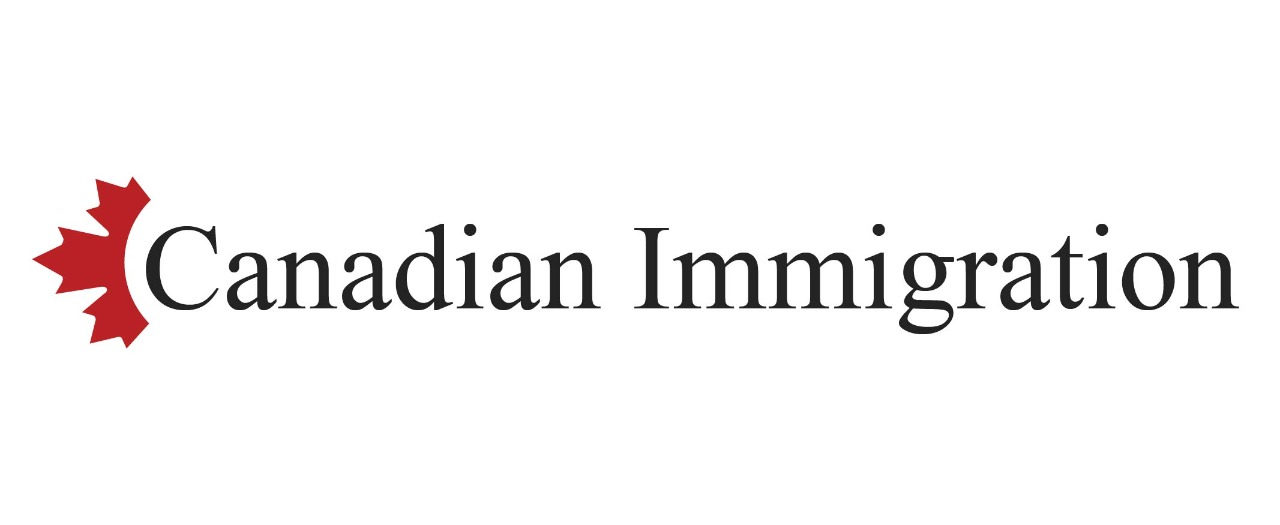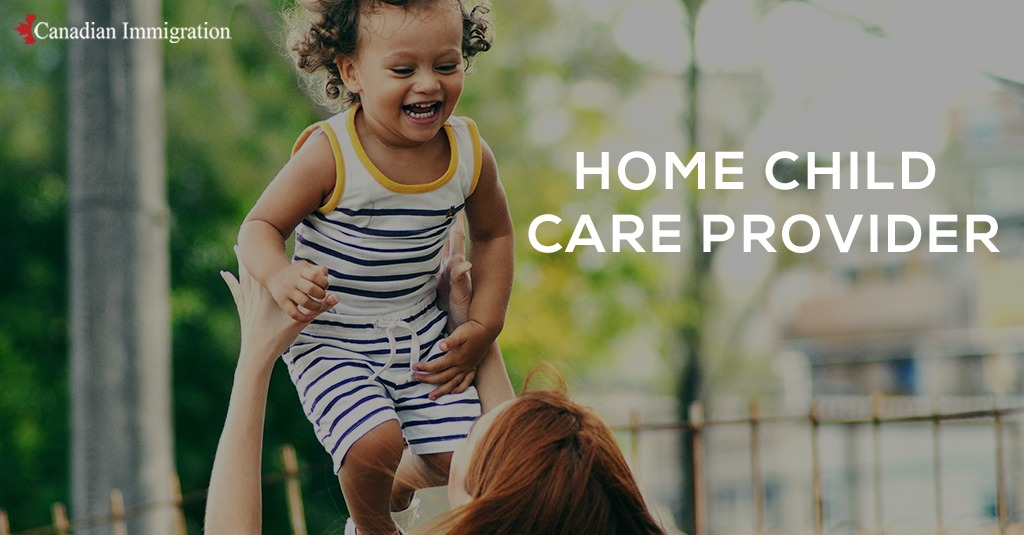In order to help the foreign home support providers to receive Canadian immigration, the country has introduced two new home caregiver programs. The two new programs are a replacement for the previously terminated Live-in Caregiver Program.
Under these two new pilots, the applicants will be able to permanent residence if they have valid proof of employment or work experience in Canada as a caregiver.
The purpose of this program is to bring home Child Care Providers to Canada on temporary work permits. These applicants can also apply for permanent residence after possessing work experience.
WHAT DOES THE PILOT OFFER?
The new projects change two principle issues with the past caregiver pilot programs:
- The ability for caregivers to change jobs
- Accompanying family members
Here is a brief description of the changes that have been made in the caregiver’s pilot program.
-
The ability for a caregiver to change job:
Caregiver programs have been criticized in the past because they tie caregivers to single families, establishing a climate helpful for working environment misuse. The new pilots will empower caregivers to more easily change employers.
-
Accompanying family members:
In past programs, spouses/partners and children couldn’t go with the caregivers to Canada. Under the new projects, family members will be qualified to go with caregivers and will be qualified to apply for open work permits as well as study permits.
MORE DETAILS ON CHANGES:
- The Caring for Children and Caring for People with High Medical Needs programs expired as of June 18, 2019, and will no longer accept new applications. Caregivers who had applied before this date will keep on having their applications handled through to an official conclusion.
- The Interim Pathway for Caregivers shut to new candidates on October 8, 2019. This was a momentary pathway for caregivers who came to Canada as temporary foreign workers in 2014 but were unable to qualify for permanent residence through a current program.
- The new pilots, Home Child Care Provider and Home Support Worker will each have a limit of 2,750 principle applicants, for a sum of 5,500 principle applicants each year, in addition to their close family.
- Initial applications to the new pilots will have a year of preparing administration standards. A six-month preparing standard will apply for settling an application after the caregivers submit confirmation that they have met the work experience requirement.
- With the transition to occupation-explicit work permits under the Home Child Care and Home Support Worker pilots, employers will no longer need a labour market impact assessment before hiring a caregiver from overseas.
-
OTHER OPTIONS FOR CAREGIVERS:
In addition to the Home Child Care Support Pilot, the public authority is likewise presenting the Home Support Worker Pilot. These two pilots are relied upon to be comparative, with the Home Support Worker focusing on those with experience in NOC 4412 as opposed to NOC 4411.
| IMPORATAN INFORMATION: The pilot opened applications on June 18th, 2019, and will be accepting a maximum of 2,750 primary applicants per year plus their immediate family. |
ELIGIBILITY CRITERIA:
Interested applicants must meet the requirements listed below;
- Job offer: Qualified applicants will have a job offer in Canada at the hour of utilization for a work permit.
- Work experience: With a work permit, caregivers will want to acquire two years of mandatory work experience to apply for a permanent home in Canada.
- Language requirements: Qualified candidates will meet Canadian Language Benchmark level 5.
- Educational requirements: Candidates should have one year of Canadian post-secondary education or foreign equivalent to being qualified.


